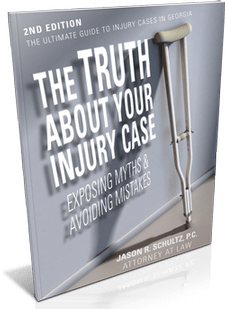Signs of Overmedication
Overmedication can be fatal or cause serious injury. Without prompt medical attention, victims could suffer long-lasting medical damage. Typically, you may see the following signs when a person has taken too much of a particular drug.
- Accelerated heartbeat
- Confusion
- Disorientation
- Acceleration of respiratory rate
- Fluctuations in temperature and pulse rate
- Sleepiness
- Pallor of the skin
- Unsteadiness
- Dryness of the skin
- Abdominal pain
- Vomiting and nausea
- Diarrhea
- Shallow breath
While some of these are short-term complications that may not have a lasting impact, other consequences can leave victims permanently disabled or dead. If you suffered injuries as a result of overmedication or any other medication error, you could qualify for a claim for compensation for your losses. Compensation could include not only economic damages like medical expenses, but also pain and suffering and loss of enjoyment of life.
Speak with medical malpractice attorney Jason Schultz at our firm for help filing a claim. Call 404-474-0804 to schedule a consultation today or contact us online.


